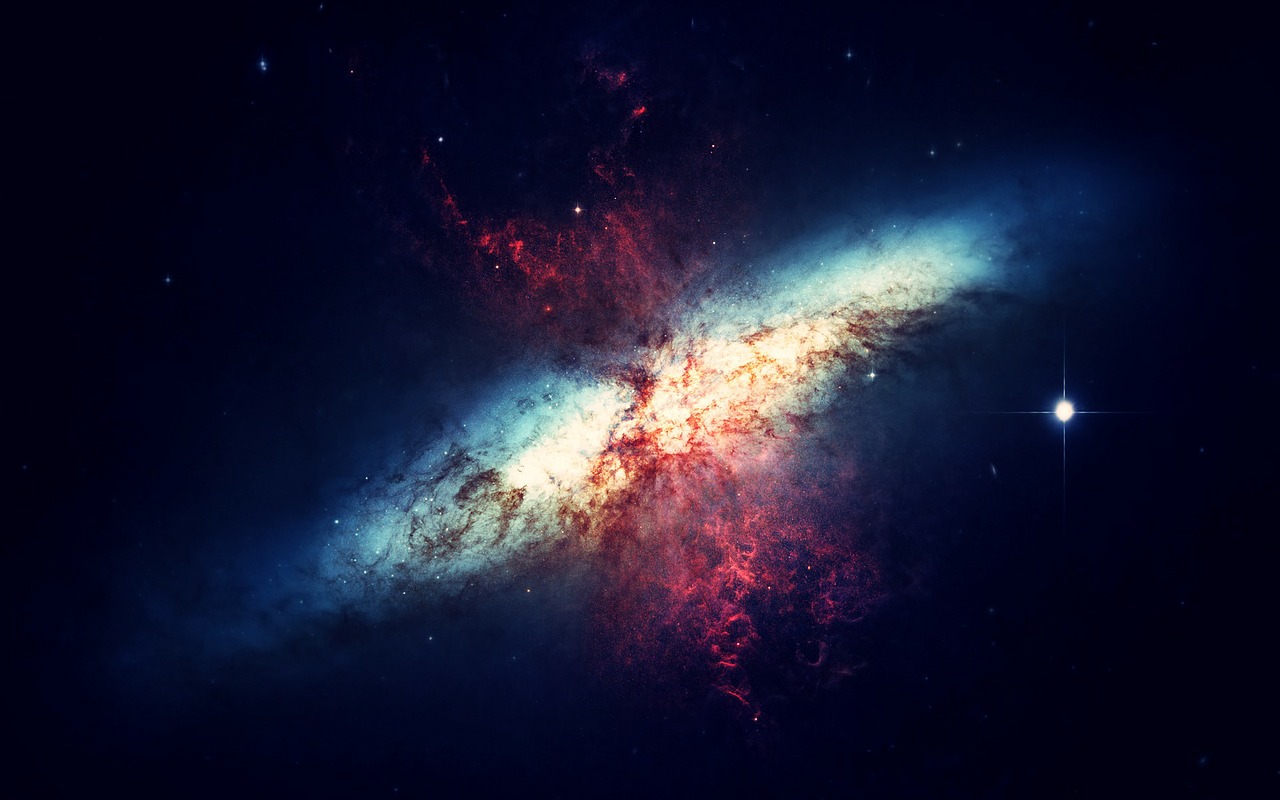Columbia astronomers confirmed that two black holes that are on a collision course with one another are a lot closer than they estimated, CNET reports.
The black holes, located in the Virgo constellation, are billions of light-years away from our own, so the likelihood of their impact affecting Earth is next to nothing. On top of that, scientists calculated that this collision will not occur for another 100,000 years or so.
Yet the extensive timeline has done little quell the excitement of Columbia’s Zoltan Haiman. “This is the closest we’ve come to observing two black holes on their way to a massive collision,” he said. “Watching this process reach its culmination can tell us whether black holes and galaxies grow at the same rate, and ultimately test a fundamental property of space-time: its ability to carry vibrations called gravitational waves, produced in the last, most violent, stage of the merger.”
The scientists estimate that the collision may release energy equivalent to 100 million supernovas. To put this in perspective, CNET compares the size of the blast to a pile of TNT with the mass of 100 quintillion Earths. Scientists also hypothesize that the shock waves may send ripples through space-time fabric of the universe.
Daniel D’Orazio, the study’s lead author and graduate student at Columbia likens this pursuit of knowledge to a great quest. “The detection of gravitational waves lets us probe the secrets of gravity and test Einstein’s theory in the most extreme environment in our universe – black holes,” he said. “Getting there is a holy grail of our field.”
The black holes were originally discovered by scientists at the California Institute of Technology in Pasadena last year, according to The Christian Science Monitor. They did this by measuring the quasars that the black holes produce as they suck up gas and dust via the Doppler effect.
Immortal News reported in another article regarding black holes last month with Stephen Hawking’s new theory about how black holes actually work.
























